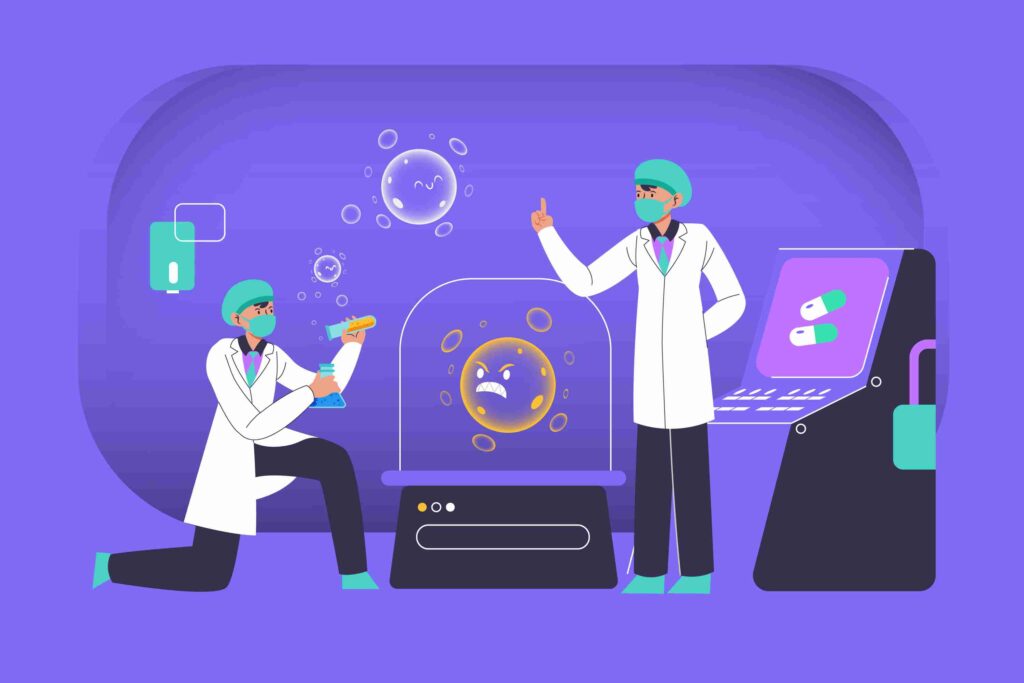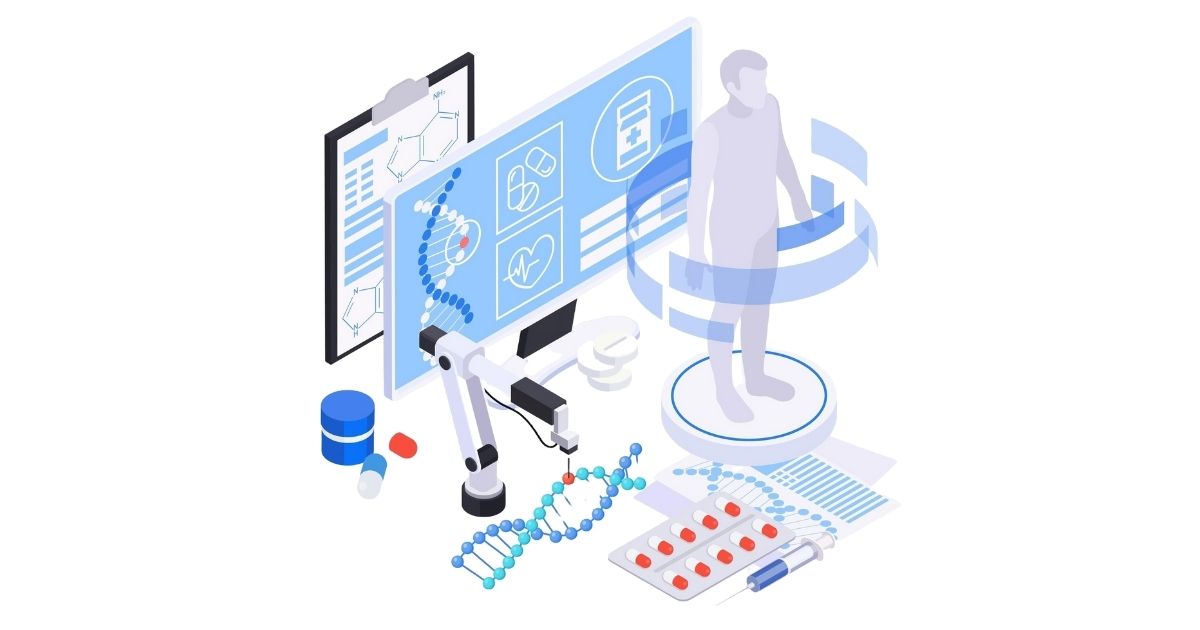Tanvi Lall

Artificial intelligence (AI) is driving a monumental shift across industries, and healthcare is at the forefront of this transformation. Tanvi Lall, a Berkeley Haas MBA and strategic leader at People+ai, offers a unique perspective on how AI is poised to revolutionize healthcare delivery and what the future holds for this critical sector. Her insights provide a roadmap for navigating both the opportunities and challenges of integrating AI into healthcare.
Bridging the Gap Between AI Hype and Reality
After eight years leading the development and commercialization of molecular diagnostics for infectious diseases, with a background as an investor and strategist at Visby Medical, Lall has witnessed firsthand the limitations of traditional life sciences approaches, which often rely on time-consuming laboratory trials. She believes the healthcare industry is only beginning to tap into the full potential of software, data science, and particularly generative AI. With AI’s multilingual capabilities, Lal sees unprecedented possibilities to revolutionize healthcare delivery—especially in diverse, multi-lingual countries.
However, she is quick to note that practical AI deployment in healthcare remains complex. “You cannot develop a product or technology without truly understanding the nuances of the stakeholders’ needs,” says Lall. The complexity lies in healthcare’s unique structure, where the payer, operator, and beneficiary of a technology are often different entities. Success, she argues, depends on a deep understanding of all three perspectives.
Key Strategies for AI Integration in Healthcare
For healthcare organizations looking to leverage AI effectively, Lall highlights several key strategies:
- Clear Communication: Healthcare is traditionally conservative, especially when it comes to adopting new technologies. Organizations need to craft clear, transparent narratives around their AI solutions, addressing concerns about privacy, security, and data handling.
- User-Centric Development: The development process must involve direct engagement with end-users in their real-world environments. For example, AI solutions designed for physicians should be tested in clinics and offices to ensure they fit seamlessly into existing workflows.
- Ethical Considerations: The handling of sensitive patient data is paramount. Organizations must prioritize data privacy and consent management while backing AI tools with clinical validation through rigorous trials.
Emerging Opportunities and Evolving Roles
AI is not just a tool for innovation; it’s reshaping roles and creating new opportunities within healthcare:
- Localized Training: AI can help create personalized training materials tailored to users’ native languages and cultural contexts, making AI adoption more accessible across diverse populations.
- Productivity Tools for Providers: AI tools can enhance healthcare providers’ efficiency, enabling them to spend more time on complex decision-making and patient care.
- Streamlining Administration: By automating routine administrative tasks, AI allows healthcare professionals to focus more on delivering quality care.

The Future of AI in Healthcare: Personalized Medicine and Drug Discovery
Lal identifies two game-changing trends in healthcare AI:
- Personalized Medicine: AI’s ability to create holistic patient profiles by combining diagnostic data with lifestyle indicators is revolutionizing personalized treatment plans. In a country like India, where cultural and dietary differences play significant roles in health outcomes, AI can be particularly impactful.
- Drug Discovery: AI’s computational power is accelerating the exploration of drug combinations and molecular interactions, paving the way for faster and more efficient drug development.
Transforming Patient-Provider Relationships with AI
AI is also reshaping how patients interact with healthcare providers:
- AI-Powered Consultations: AI-driven systems can conduct preliminary consultations by gathering medical history and symptoms, streamlining the diagnostic process.
- Post-Consultation Support: Patients can receive AI-assisted guidance for medication and treatment follow-ups, ensuring they adhere to their care plans effectively.
- Improved Screening: AI is enhancing traditional screening processes, allowing for more accurate and timely diagnoses.
Advice for Innovators: Building Diverse Teams
For those looking to innovate in healthcare AI, Lall stresses the importance of building diverse teams that go beyond just engineers. She advises innovators to include healthcare professionals and end-users in the development process from the beginning. “Curate a core team that brings varied perspectives, and gather early feedback from the community,” she suggests. This approach ensures that solutions are not only technologically advanced but also practical and effective in real-world settings.
AI’s role in healthcare is both transformative and complex. As the technology continues to evolve, success will depend on balancing cutting-edge innovation with ethical considerations and a deep focus on user needs. By embracing this approach, AI has the potential to significantly enhance healthcare accessibility, efficiency, and outcomes—ultimately leading to better care for patients worldwide.
Authors Biography
Tanvi Lall is the Director of Strategy at People+ai and former Director of Program Management at Visby Medical, with prior roles at Berkeley Impact Venture Partners and Biocon. She holds an M.Sc. in Biotechnology and Management from Carnegie Mellon and an MBA from UC Berkeley, advising on biotechnology careers.

